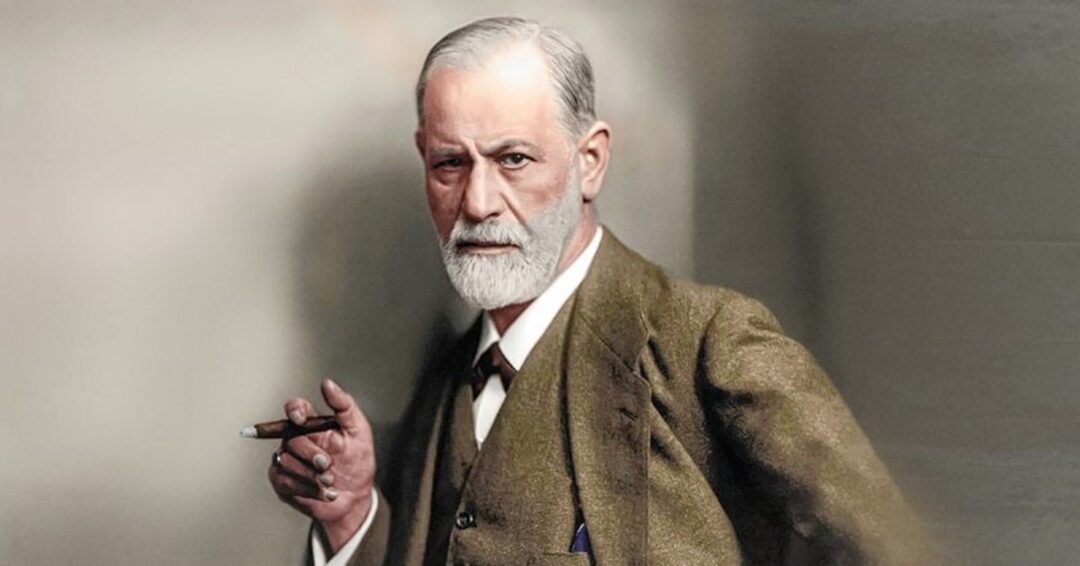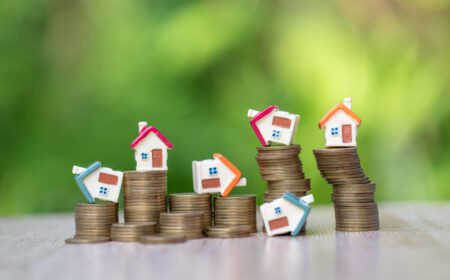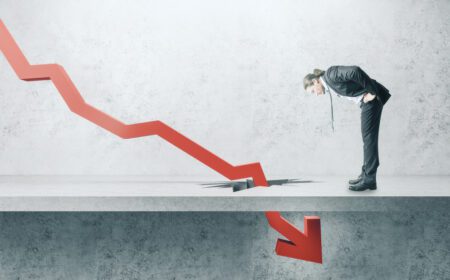Behavioural economics

The term explores the connection between psychology and the ways in which individuals and institutions make economic decisions.
It combines psychology and economics to understand why people make irrational decisions and why their behaviour doesn’t always align with economic predictions.
In a perfect scenario, people would consistently make choices that give them the most benefit and satisfaction. In economics, rational choice theory suggests that when faced with options in limited conditions, individuals would pick the one that maximises their personal satisfaction.
This theory believes that people, considering their preferences and limitations, can make rational choices by carefully considering the pros and cons of each option. The idea is that the decision made will be the best one for the individual. It assumes that a rational person remains unaffected by emotions and external factors, having self-control and knowing what’s best for themselves. However, behavioural economics suggests that humans are not always rational and struggle to make good decisions.
Due to their emotional nature and susceptibility to distractions, people often make decisions that go against their self-interest. For instance, based on rational choice theory, if Arnold aims to lose weight and has information about the calorie content of different foods, he should ideally choose only low-calorie food products.
According to behavioural economics, Arnold may struggle to stick to his goal of eating healthy and losing weight due to cognitive biases, emotions, and social influences. For instance, if a TV commercial promotes an enticing deal on ice cream and presents seemingly valid statistics about daily calorie needs, Arnold might be tempted to give in and abandon his weight loss plan, revealing a lack of self-control.









